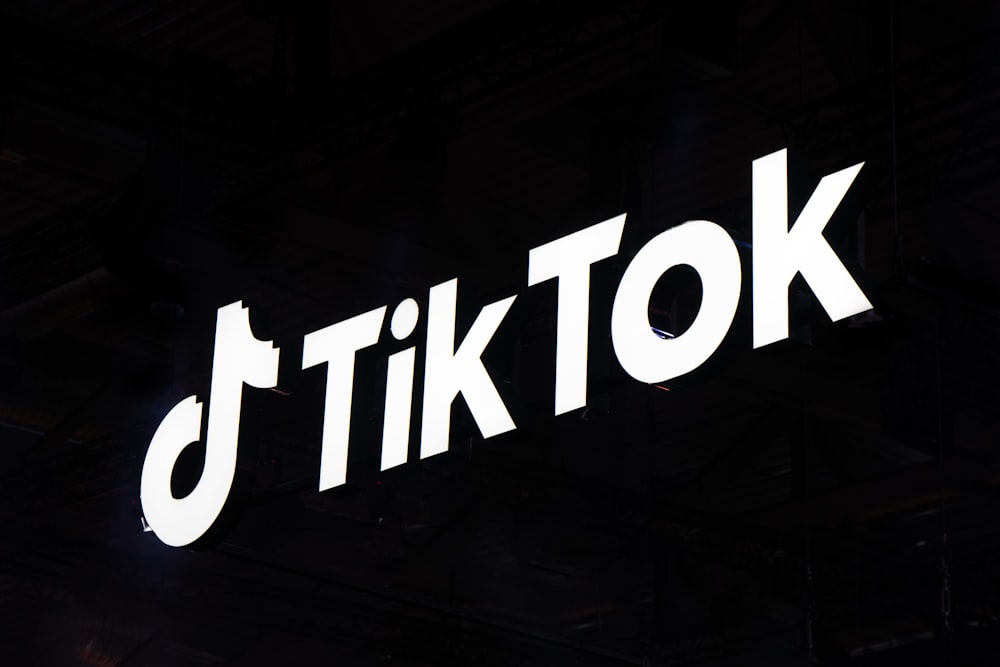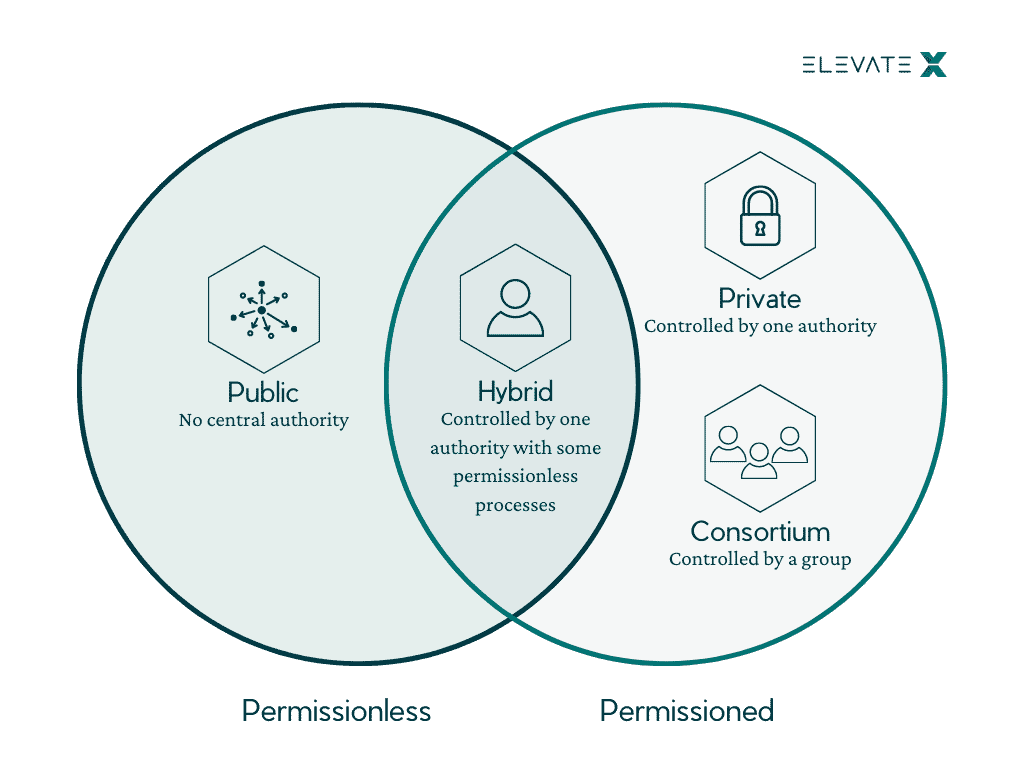Navigating Transparency: The Role of Public Keys in Blockchain
Blockchain, renowned for its transparency and decentralization, relies on a cryptographic duo – public and private keys. While private keys secure ownership, public keys unlock transparency, playing a pivotal role in the verifiable and open nature of blockchain transactions.
The Foundation: Understanding Public Keys
At the heart of blockchain’s transparency are public keys. These are cryptographic counterparts to private keys and are openly shared on the blockchain. Unlike private keys, which grant access and control, public keys serve as an identifier, allowing others to verify transactions associated with a particular user.
Cryptographic Harmony: How Public Keys Work
Public keys work in tandem with private keys to create a secure and transparent transaction process. When a user initiates a transaction, their public key is visible to all participants. While the private key signs the transaction, the public key confirms the sender’s identity. This harmonious interplay ensures the authenticity of transactions without compromising user privacy.
Verifiable Ownership: Public Keys in Transactions
One of the primary roles of public keys is to establish verifiable ownership in blockchain transactions. Each participant’s public key is linked to their digital assets on the blockchain. When these assets are transferred, the associated public keys validate the authenticity of the transaction, providing transparency and accountability.
User Anonymity and Pseudonymity
Public keys contribute to user anonymity and pseudonymity in blockchain networks. While transactions are visible on the blockchain, users are identified by their public keys rather than personal information. This pseudonymous nature enhances privacy while still allowing for transparency and traceability within the decentralized ecosystem.
Blockchain Explorer: Unveiling Transactions with Public Keys
Blockchain explorers, tools that enable users to view and track blockchain transactions, utilize public keys to provide transparency. Users can enter a public key into a blockchain explorer to reveal the associated transactions, amounts, and timestamps. This transparency fosters trust and accountability in blockchain networks.
Smart Contracts and Public Keys
Smart contracts, self-executing contracts with predefined terms, further leverage public keys in blockchain. Public keys are embedded in smart contracts to determine the conditions under which the contract executes. This integration ensures transparency and verifiability in the execution of automated agreements on the blockchain.
Challenges and Solutions in Public Key Transparency
While public keys enhance transparency, challenges such as address reuse and the potential for linking multiple transactions to a single entity must be addressed. Solutions include best practices in address management, education on privacy measures, and ongoing developments in privacy-focused blockchain technologies.
Public Keys in Decentralized Finance (DeFi)
The rise of Decentralized Finance (DeFi) has spotlighted the importance of public keys. In DeFi protocols, public keys are crucial for user identification, transaction verification, and participation in financial activities. The transparent nature of public keys aligns with the principles of openness and trust in decentralized financial ecosystems.
Future Prospects: Public Keys Shaping Blockchain
Looking ahead, public keys will continue to shape the landscape of blockchain technology. Innovations in privacy-focused blockchain networks, advancements in zero-knowledge proofs, and improvements in user education will contribute to maintaining the delicate balance between transparency and privacy in blockchain transactions.
To delve deeper into the world of public keys in blockchain, visit Public keys Blockhain for additional resources and insights.


























